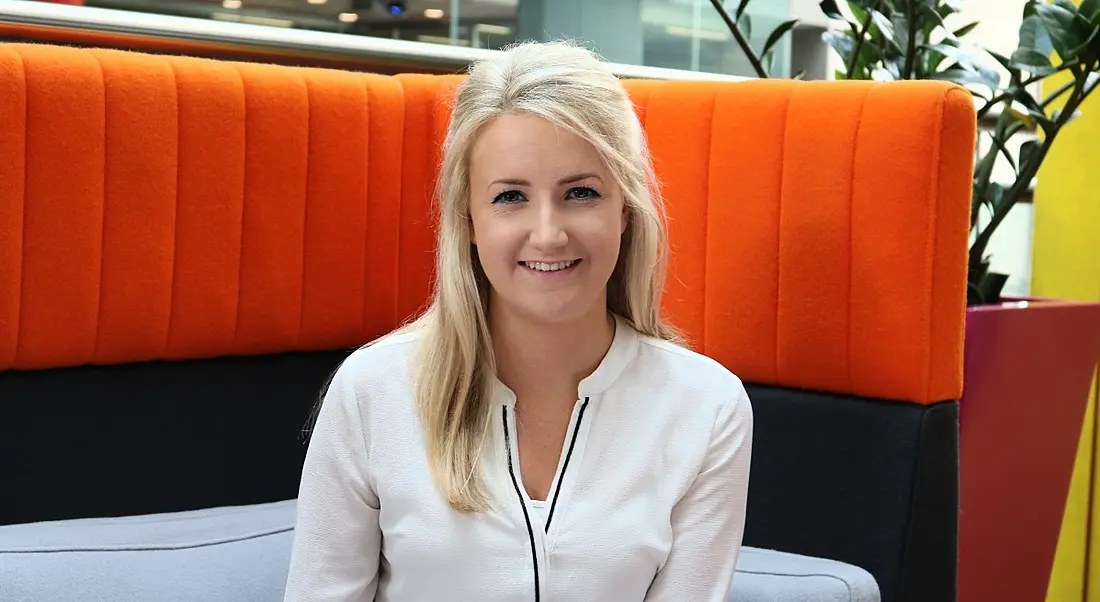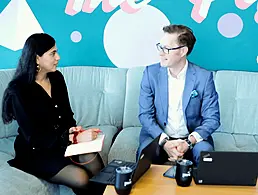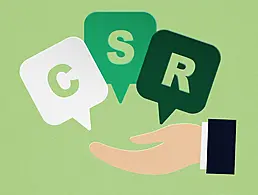Have you just finished third-level education? Want to know what PwC’s graduate programme is like?
For many graduates, their education might have flown by in the blink of an eye. Suddenly, they’re thrust into the big, wide world to fend for themselves.
Luckily, there are plenty of graduate programmes to apply for and, when executed well, they can prepare graduates fully for the beginning of their career journey.
Niamh Lyons started with PwC on its graduate programme. Here, she talks to us about how the programme prepared her for working life.
What did you study in college?
I studied business information systems in University College Cork.
With this programme, are you now working in your desired industry?
Yes, definitely. And, with consulting in PwC, I have also had the opportunity to work with clients in a variety of industries, meaning I have gained a huge amount of experience and have had the chance to work with clients in industries I was interested in and industries I didn’t realise I would like!
What drew you to PwC when you were seeking work as a graduate?
First of all, it was the great reputation that PwC had globally and, after speaking to people who worked in PwC, I learned of the great culture that the company had and the numerous opportunities that the graduate programme had to offer regarding training and personal development.
I was drawn to technology consulting in particular because of the opportunity to use both the business and technology knowledge I had gained during my college course.
What expectations did you have before you began the programme?
Before I joined PwC, I was worried that the work might be very difficult. Soon after joining, I realised that the graduate programme was, of course, going to be challenging, but also that the team I had joined was great and always more than willing to help.
What duties and responsibilities were you given initially?
My first role was on a data analytics project and the team I had joined was quite small, so I was given a lot of responsibility that revolved around analysing the clients’ data and using it to assess their performance against their goals.
Did the scope of your work change as the programme progressed?
Yes, definitely. As the project progressed, it passed through a number of different phases where the objectives changed and so too did my scope of work.
Also, as the year progressed, I joined a number of different projects, with my scope of work changing each time, which is great because I have learned so much from each change.
Can you describe a typical day in your role?
There is no typical day in the role of an associate in technology consulting. At the moment, my role involves attending client interviews and workshops in order to carry out the data gathering and assessment phase of my current project. As the project progresses and moves into different phases, my typical work will change.
How do your responsibilities compare to more experienced employees’?
Initially after first joining, I had less responsibilities than a more experienced employee but, as time went on, and I gained more experience and continued to learn, the responsibilities I was given increased.
Do you feel more prepared for working life after completing this programme?
Absolutely. Within my first year at PwC, I have learned a huge amount from working with different teams and clients, and I believe the experience will prepare me for my future working life.
I have also had great opportunities to attend multiple technology training courses over the past year, and believe that the knowledge I have gained during these courses will further prepare me for future work.
Why should someone apply to the graduate programme at this company?
There are many reasons why I believe everyone should apply for PwC’s graduate programme, but the main reasons for me would be the great people and culture in PwC, and the opportunities you are given to learn both on the job and in training sessions.
I have thoroughly enjoyed my experience here so far and would encourage other graduates to join the programme, too.




